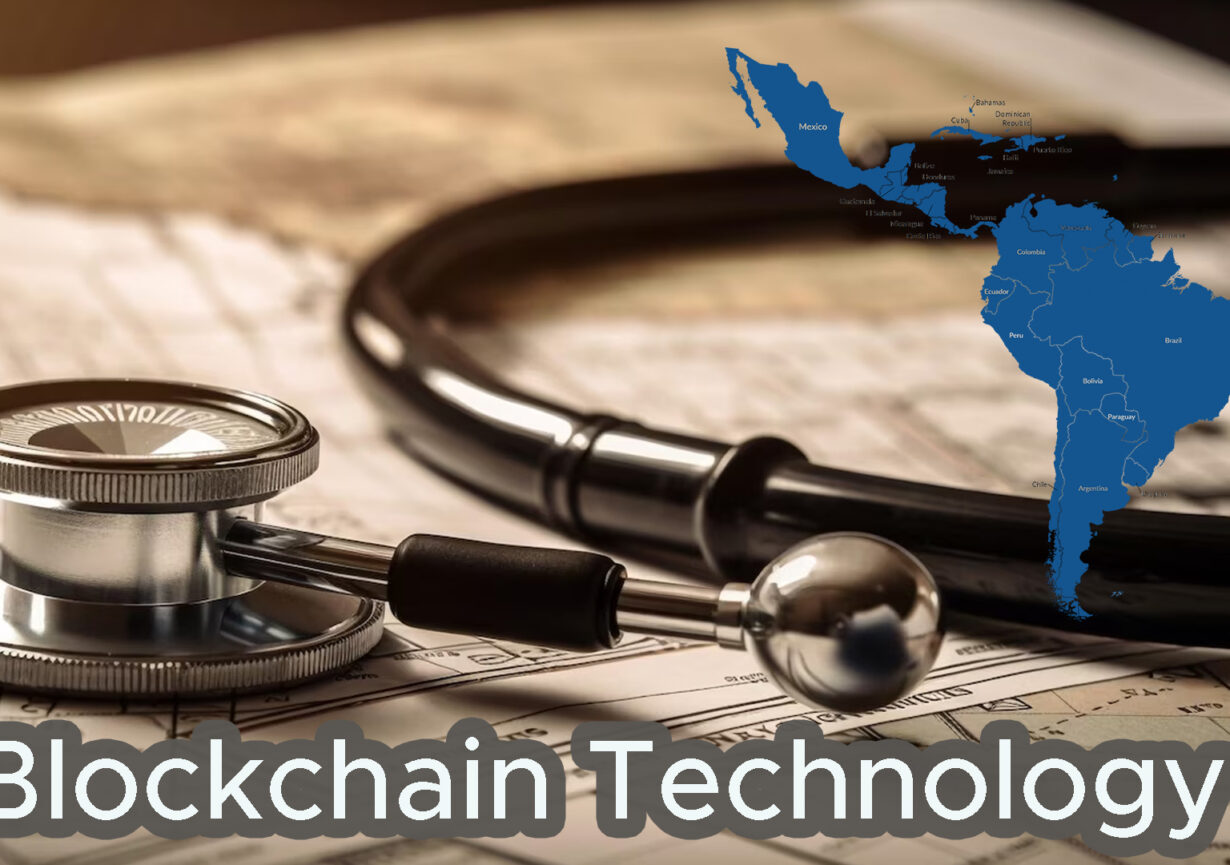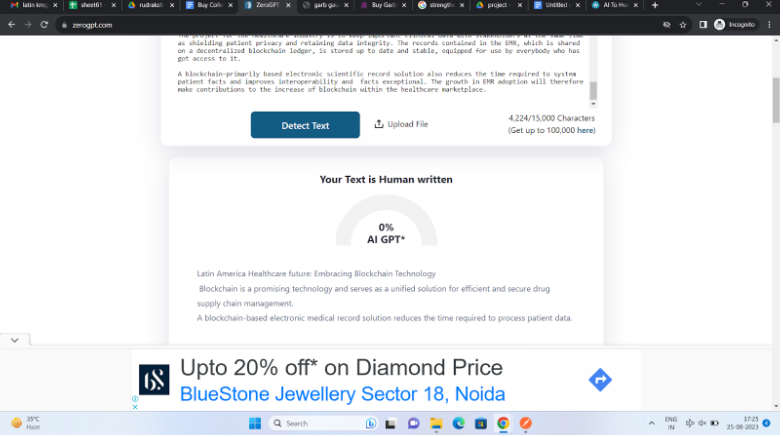- Blockchain is a promising technology that serves as a unified solution for efficient and secure drug supply chain management.
- A blockchain-based electronic medical record solution reduces the time required to process patient data.
According to the report, the Blockchain in Healthcare market in Latin America is anticipated to post revenue growth and a CAGR growth of 48.07% during the forecast period 2019-2028. Together, Brazil, Mexico, and the rest of Latin America make up the market for this region.
Mexico’s healthcare sector is important for all types of products and services. Total imports of medical equipment and supplies in 2019 were $5.7 billion. In 2018, drugs worth 4.6 billion dollars were imported. Blockchain’s uniquely decentralized network would facilitate full and end-to-end supply chain management for every product and company.
In this article, we discuss three Latin American trends and examples of best practices that have many benefits for the population and are already having a positive impact, mainly on the most disadvantaged socio-economic groups but also on the population of the country in rural areas.
The Exchange of Data and Blockchain
Blockchain can offer very promising solutions for interoperability. Clinical patient data can be securely shared between users and medical units using this technology.
The peer-to-peer system of Blockchain enables a large number of users to access data and ensures that it is secure and transparent. A shared, immutable, and chronological record of transactions is created by distributed ledger technology.
In the healthcare context, events are represented by patient medical information. There are different authentication processes with different levels of accessibility and control.
The public blockchain model used in Bitcoin has no participatory selection process, and anyone can enter. In the private model, the group can manage the blockchain and evaluate candidates. Authorized participants may access the blockchain with a numeric key. This opportunity allows patients and doctors to get the information they need, get reliable information, and improve the quality of health services.
Remote Medicine and Hospitals
Remote diagnosis and treatment of patients is no longer a practice of the future and has become part of our reality. The adoption of telemedicine has increased since Covid-19 and the trend continues to grow with the integration of new remote services.
The major benefits of remote medicine are access to medical care for patients in remote and rural areas and the reduction of barriers such as distance and transportation for both doctor and patient.
A success story was, for example, the collaboration in Peru, where non-governmental organizations, universities, and development banks joined forces and were able to help more than 3,000 residents in eight isolated communities in the Peruvian Amazon jungle. This partnership helped provide broadband services to both the general population and rural health centers.
Artificial Intelligence Enables Patient-Centered Care
Mexico’s diabetes clinics are a success story of the patient AI innovation model.
Diabetes is the second biggest cause of death in the country. Diabetes clinics have helped over 100,000 patients since their start. Downfall in the number of annual visits from 21 to 4 by bringing together a team of nurses, doctors, dietitians, and psychologists in one visit, saving time and money for both the patient and the system.
Conclusion
The project for the healthcare industry is to share important clinical data with stakeholders while shielding patient privacy and retaining data integrity. The records contained in the EMR, which is shared on a decentralized blockchain ledger, are up-to-date and stable, ready for use by everybody who has access to them.
A blockchain-primarily based electronic scientific record solution also reduces the time required to system patient facts and improves interoperability and facts. The growth in EMR adoption will therefore contribute to the increase of blockchain within the healthcare marketplace.




Leave a Reply